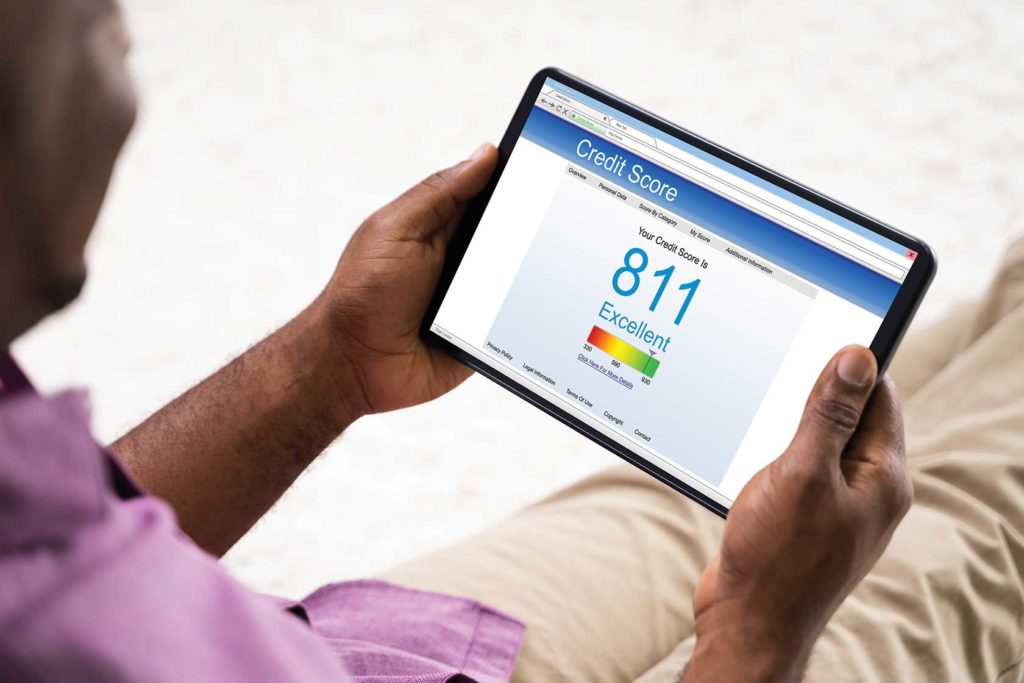
Your credit score is a number that tells a story of who you are as a customer. The good news is that understanding how it works and monitoring it can help you take control of the story over time.
Credit scores are determined by agencies called credit bureaus and are based on your accounts you have opened, and how and when you pay down debt. When you apply for credit, lenders check your credit score, credit report, credit history and other items to decide whether they will approve your request, and then how much they can offer you and what interest rate you will pay. Because of that, credit scores are important for your overall financial health.
Here are five key tips to help you make the most of your score and build it over time:
1. Learn your number
Knowing your credit score is the first step. There are many free credit check tools available that work by doing a ‘soft pull’ that won’t affect your score. One example is Credit Journey by Chase. You can also request your credit report from all three credit bureaus for free once a year. The Federal Trade Commission — a government agency that supports consumer rights — offers more information at consumer.ftc.gov. You can also visit annualcreditreport.com.
2. Know how your score is calculated
There are six key areas that make up a credit score:
• your payment history
• how much you owe on your debts or balances
• new accounts or credit opened
• credit checks
• available credit
• and your credit history or how long you have kept an account open.
These factors determine your score and influence any changes, however the most important one is making payments on time, which accounts for about 40% of the score.
3. Build your credit
Scores can range from 300 to 850. According to the credit bureaus, a score of about 700 is considered “good.” To build your score, pay bills on time and consider setting up automatic payments. If possible, pay down any debt you can, and only apply for accounts you need.
4. Prepare for large purchases
If you are getting ready to make a large purchase and plan to apply for new credit, such as a home or car loan, review your credit report and score to help you apply with confidence. Credit scores and credit history help lenders determine how much credit they will offer and at what interest rate. Sometimes, scores also can be affected by inaccuracies on your report, so checking ahead of time will help you identify and resolve potential issues before a lender does a credit check.
5. Only apply for credit when you need to
When you apply for new credit, lenders do a “hard pull” — which means getting access to your full report — which may cause your score to decrease. However, if you use credit monitoring tools, it results in a “soft” pull of information and does not impact your score.
To access free information, tools and resources to help support your financial health, visit www.chase.com/financialgoals.
Sponsored content from JPMorgan Chase & Co.







